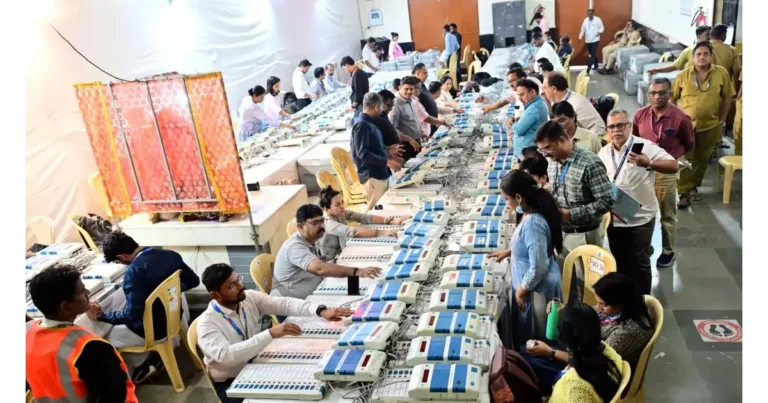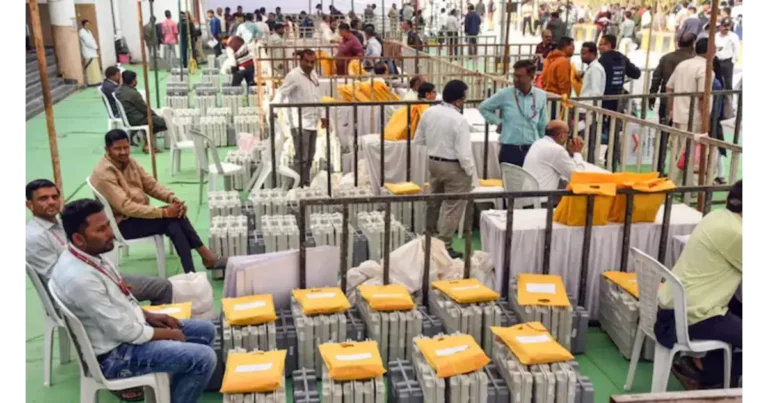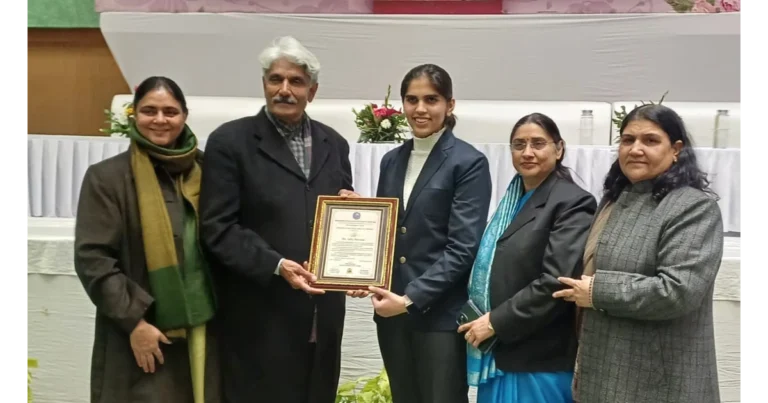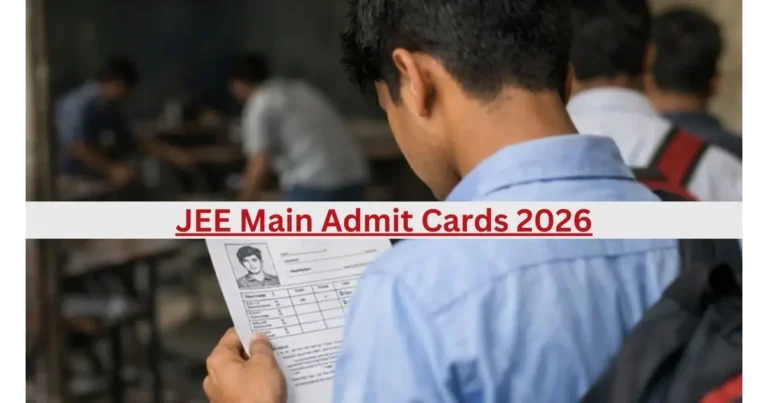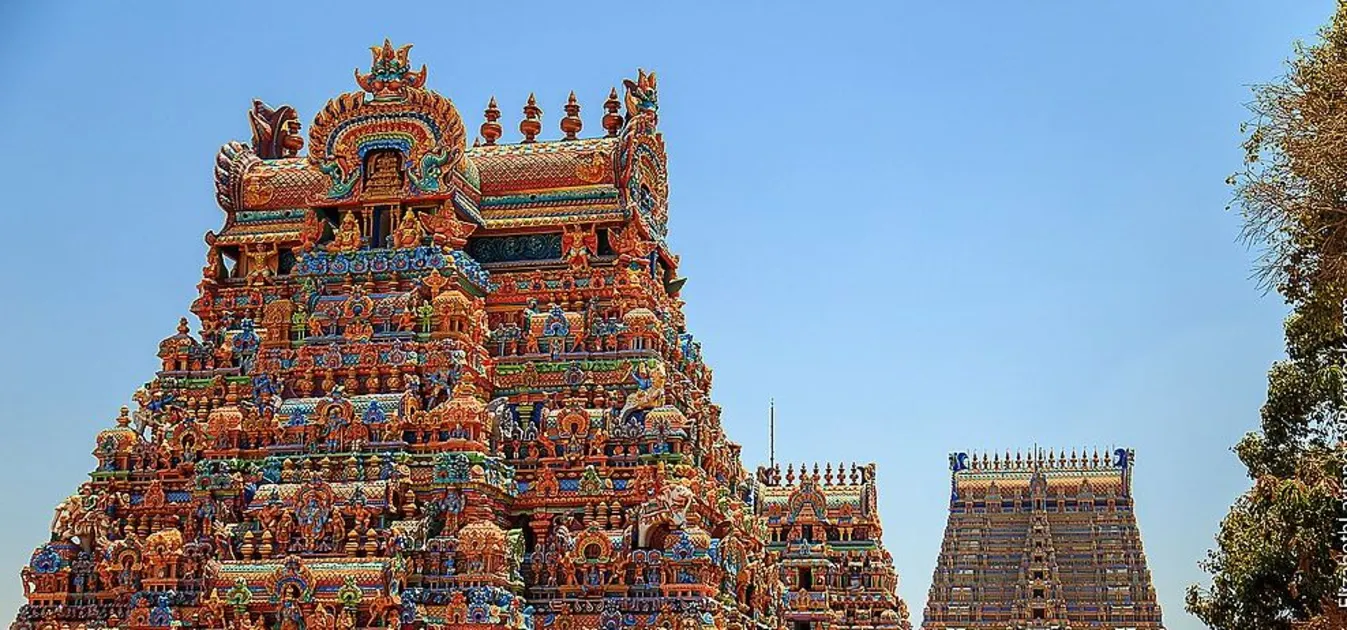
“Temple Funds Belong to Deity, Not Government: Madras High Court Slams Tamil Nadu Over Temple Money Misuse”
Madras High Court Delivers Major Setback to Tamil Nadu Government Over Temple Fund Misuse
Madurai, August 30, 2025: In a significant judgment, the Madras High Court has ruled that temple funds donated by devotees belong solely to the deity and cannot be treated as public or government money. The court emphasized that such donations are intended for religious and charitable purposes, not for commercial or administrative exploitation by the state.
Court Quashes Government Orders Using Temple Funds for Marriage Halls
The High Court bench, comprising Justice S.M. Subramaniam and Justice G. Arul Murugan, annulled five government orders issued between 2023 and 2025, which directed the construction of marriage halls using temple funds. The court stated that these orders were outside the legal framework and violated the sanctity of temple finances.
The petition challenging the government’s actions argued that the use of temple money for commercial marriage halls—intended to be rented out—had no religious relevance. The court agreed, stating that temple property and funds are meant for the maintenance of temples and for religious and charitable activities alone.
Only Religious and Charitable Use Permitted Under Law
Referring to the Hindu Religious and Charitable Endowments (HR&CE) Act, 1959, the court clarified that temple money can be spent only on:
- Religious festivals,
- Temple maintenance and renovation,
- Charitable acts like feeding the poor,
- Welfare of pilgrims.
It strictly prohibited the use of these funds for purposes aimed at generating government revenue or for activities that do not align with religious or charitable objectives.
Hindu Marriage Not a Religious Purpose Under HR&CE Act
Arguing in defense, the state counsel claimed that the construction of marriage halls would serve the community, especially for conducting Hindu marriages. However, the court observed that although Hindu marriages are considered sacred rituals (samskaras), under the Hindu Marriage Act, 1955, they also have a contractual element. Hence, such events do not automatically qualify as religious purposes under the HR&CE Act.
Devotees’ Donations Are for Deity, Not Public Use: Court
The court made it clear that:
“Movable and immovable properties donated by devotees to temples or deities are the property of the deity. These donations are made out of deep spiritual and emotional attachment, based on religious customs and beliefs.”
It further asserted that temple donations must not be seen as state revenue, and warned that expanding the definition of permissible use would lead to misappropriation and violation of devotees’ religious rights.
Strong Warning Against Misuse of Temple Resources
The High Court concluded with a stern warning to the state:
“Temple funds must be spent strictly in accordance with legally sanctioned purposes. Any attempt to widen this scope would lead to abuse and diversion of resources, which is an infringement on the religious rights of Hindu devotees who donate with faith.”

